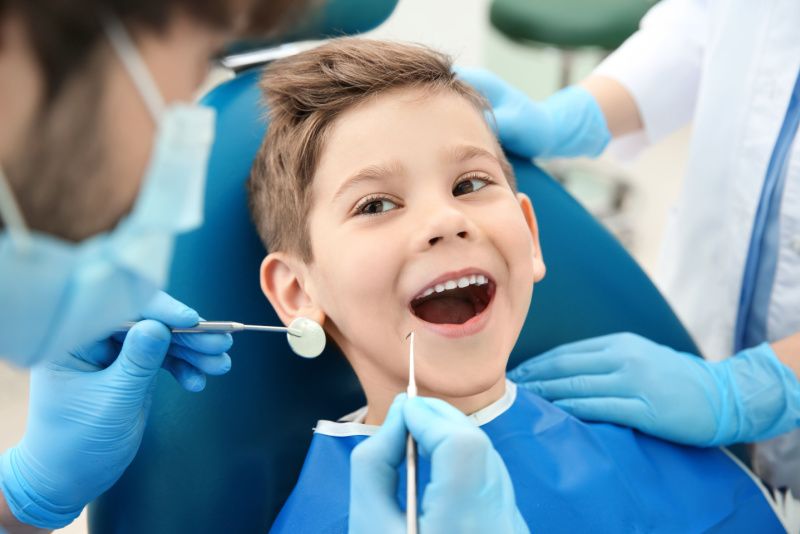Insightful and informative dentist blog, covering a wide range of dental topics alongside new treatment & clinic announcements.

How to manage dental anxiety
It’s perfectly natural to feel a bit nervous about going to the dentist, but for many people, dental anxiety can become a phobia. People who are very anxious about sitting in the dental chair, even for a regular dental check up, are risking the health of their teeth as they probably don’t book a dentist’s appointment unless they are in acute pain. So early signs of problems won’t be picked up which means the problem will get worse and could result in the need for more extensive treatment. Dental anxiety management is therefore necessary for people who are trying to maintain oral health and ensure they have healthy teeth.
What causes dental anxiety?
There are many reasons why you might be anxious about going to the dentist. It could be through a bad experience you’ve had in the past, or bad experiences that other people have had in the dentist’s chair. If you have not been to a dental clinic for a long time, you may be anxious because you’re unsure about what’s going to happen. The noise of the dentist’s drill can also be extremely off-putting – you can usually hear it even when you’re sitting in the waiting room, and that’s enough to make anyone feel uncomfortable, if not downright nervous.
Some people have a fear of needles – trypanophobia – and, of course, local anaesthetic injections are used for almost any dental procedure. Other causes of anxiety are a fear of gagging when getting dental treatment, and some people simply fear a loss of control.
Managing mild dental anxiety
Coping mechanisms will depend on your level of dental anxiety. If it is down to a fear of pain because of a past dental experience, it is something that can be managed by local anaesthetic if necessary, as well as communication, empathy and reassurance from your dentist and dental nurse. They will explain the procedure and let you know exactly what is happening so you understand the process and know what to expect.
Managing severe dental anxiety
Severe dental anxiety will need managing in a completely different way, which is why we offer sedation dentistry for patients with dental anxiety. At Dr Richard Clinics, we are qualified to administer three different types of sedation. It’s important to point out that sedation is not the same as a general anaesthetic – you will be conscious, albeit in a relaxed state.
The different types of sedation we provide are:
Nitrous Oxide – Commonly known as laughing gas, nitrous oxide is a sedative you inhale, and it has a virtually instant effect. This inhalation sedation will help you feel relaxed and light-headed – possibly even giggly – but it could also make you feel a bit dizzy and may give you a headache.
Sedative medication – Another way of relaxing you is via a prescription sedative medication which you would need to take a few hours before your appointment.
Intravenous sedation – If you are extremely nervous, we may recommend having sedation administered through an IV drip when you are receiving treatment. You’ll be very relaxed but will still be able to respond to the dentist and, best of all, you probably won’t remember any part of your treatment afterwards.
Precautions to take before and after sedation dentistry
Before your sedation dentistry, you must avoid eating or drinking anything. The sedative will make you woozy and a little unsteady, so you will need to ask a friend or family member to take you safely home after your appointment.
Rest assured that our dentists are trained and qualified to use sedatives as part of your dental treatment, and will look after you throughout your treatment, monitoring your blood pressure and oxygen levels.
Reducing dental anxiety is key to the success of any dental treatment you receive under sedation, and we will always explain what’s happening and check that you are happy to continue the treatment.
Coping with dental anxiety is something we specialise in. If you have anxiety or dental phobia and would like to ask questions before booking a free consultation to talk about dental treatments you need, please feel free to call us on 020 7637 1672.